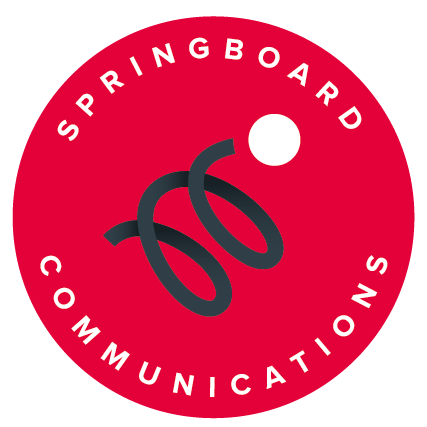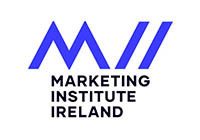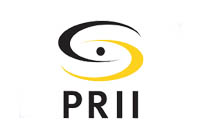Irish office desks are a breeding ground for bacteria
- Online office supplies company Viking swab tested hundreds of desks around the country for independent laboratory analysis
- Staphylococcus, Bacillus, Micrococcus bacteria and mould found
- IT workers, auctioneers and accountants are the messiest employees
- Uneaten food, dirty mugs and tissues contributing to the dirty desks with 79% of workers eating at their desks
- 51 per cent of Irish office staff were unaware of harmful bacteria on their desks
- Average office has three really messy employees – most likely to be a married man in his mid-thirties
Research, conducted by online office supplies company Viking, has revealed several different types of bacteria on office desks across Ireland. Hundreds of office workers from small business to multinationals as well as schools and hospitals up and down the country swabbed their office keyboards as part of the research.
The samples were analysed by an independent laboratory and the results revealed bacteria such as Staphylococcus, Bacillus and Micrococcus indicating a poor level of hygiene, were frequently found on office desks, keyboards and phones.
Bacillus, which comes from dust or soil, was found on 88 per cent of the keyboards swabbed. Staphylococcus, which is found on the skin in the nose or the mouth and can cause food poisoning if allowed to grow on food, was found on 62 per cent of the desks surveyed. And on 55 per cent of desks there were traces of Micrococcus, commonly found on skin which transforms compounds in sweat creating an unpleasant odour. In addition to this, six desks were found to have mould underneath the keyboard.
Viking’s hygiene expert, Dr Lisa Ackerley, an Environmental Health Practitioner said: “This research has shown that there are some very unhygienic desks right now in the Ireland, which is very worrying as we go into the cold and flu season, when typically those who work in open plan offices tend to starting coming down with illnesses.
Dirty desks have been shown in this study to harbour bacteria, and this means that germs from infected office workers could collect on workstations ready for the next user. This is why keeping equipment such as keyboards, phones and desks as germ free as possible at this time of year is crucial,” added Dr Ackerley who suggested that problems can be exacerbated in industries that rely upon ‘hot-desking’, the practice of mobile or freelance workers sharing keyboards and phones.
Meanwhile, additional Viking research showed that the IT workers, auctioneers and accountants are the most unhygienic office workers in the country, while social workers are more likely to have mouldy food on their desks.
The survey also revealed that 51 per cent of all office workers are not aware that bacteria could be lurking on their keyboards, phones and desks. A staggering 79% of office workers admitted to eating lunch at their desks and not cleaning their workstation afterwards, which is the main cause of dirt build up and bacterial multiplication.
More than half of all office workers, some 57 per cent revealed they had a colleague with a grimy desk, while only 51 per cent of those surveyed had the courage to approach them about cleaning their desk up.
According to the poll, the average office has three really messy employees and they are most likely to be a married male member of staff in his mid-thirties.
A fifth of social workers say their messy colleague has mouldy food, cups and plates on their desk. And, 70per cent of those believe the colleague’s desk is full of germs and bacteria.
Viking’s hygiene expert, Dr Lisa Ackerley added: “Our research has found that many office workers not only don’t clean their desks, but allow food to go mouldy. Office items such as phones, computer screens and keyboards and desks are havens for bacteria.”
For more information about the state of the nation’s dirty desks and what can be done to make them germ free, visit www.vikingdirtydesks.ie
Top ten dirty items on colleague’s desks
1) Piles of paper
2) Dirty mugs
3) Mouldy food
4) General dirt
5) Food wrappers
6) Uneaten food
7) Empty drink cans
8) Old newspapers and magazines
9) Tissues
10) Tupperware
For more stories like this sign up for our Insights newsletter ›
BACK TO TOP









